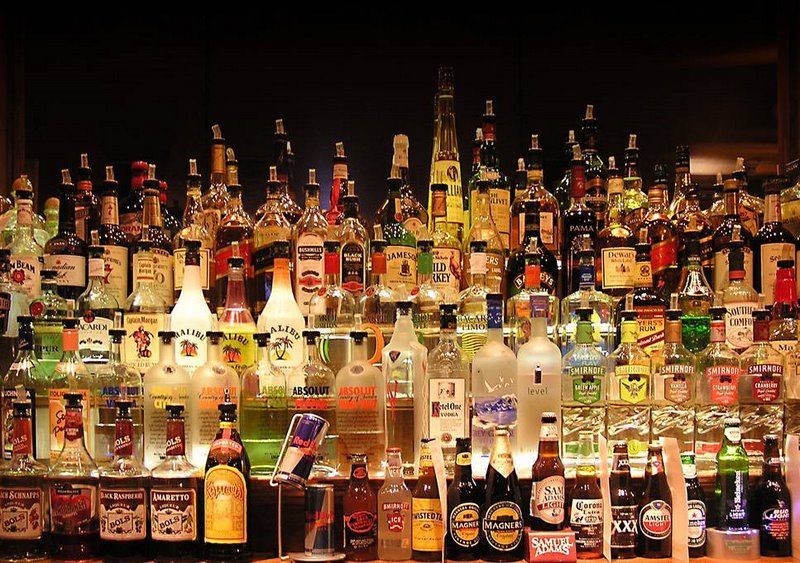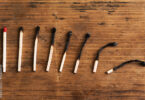Young people are drinking less, leaving researchers puzzled as to why.
The results from the Understanding recent trends in Australian alcohol consumption study, released last month, found binge drinking among teenagers had halved in the last decade and the age they were having their first drink had increased.
While binge drinking remained stable among young adults, it had risen substantially among older populations.
The study, funded by the Foundation for Alcohol Research and Education (FARE), examined drinking patterns of more than 120,000 respondents to the National Drug Strategy Household Survey from 2001 to 2013.
The study’s key findings:
14 to 17 year olds
- The number of people abstaining from alcohol doubled
- The number of people binge drinking halved
18 to 29 year olds
- The number of people abstaining from alcohol doubled
- The number of people binge drinking remained stable
50 years and over
- The number of people abstaining from alcohol remained stable, except for a decline among 60 to 69 year olds
- The number of people binge drinking increased significantly
Study author Dr Michael Livingston from the National Drug and Alcohol Research Centre said he was not surprised by the results.
“This is a trend that has been developing for more than a decade now in Australia and in a large number of countries with broadly similar drinking cultures,” Dr Livingston told City Journal.
“It has been evident in the Australian school survey data for a number of years, so I was expecting to see big declines in underage drinking.”
Dr Livingston attributed the increase in drinking among older age groups to the ageing of a “heavier drinking birth-cohort”, but said the decline in younger generations was “more puzzling”.
He ruled out an increased engagement in other risky behaviours such as drug use as an explanation.
“We examined trends in illicit drug use … if anything, the trend points the other way, drug use is declining alongside drinking,” he said.
Year 11 student Charlotte Colvin, who is against drinking, agreed that drugs were not replacing alcohol, but said binge drinking was still very popular among her peers despite the study’s results.
“People definitely do drugs but not as much as drinking,” the 16 year old said. “I would say around 75 to 80 per cent of people [my age] are drinking, I don’t know many that haven’t had a drink before.”
Colvin said underage drinking began at 15 and teenagers were consuming alcohol at licensed venues using fake IDs as well as at home.
“You can’t really stop it if people are doing it in their home,” she said. “I’ve noticed from Friday to Sunday people will just keep on binge drinking.”
“Just looking through the [Facebook] newsfeed, they all have alcohol in their hands.”
Dr Livingston said the key point to take away from the study was that heavy drinking is not just a young person’s problem.
“So much of the framing of policy and media discussions about alcohol falls back on stereotypes of heavy drinking involving teenagers and young adults,” he said. “Obviously this still goes on, but the data suggests that there are other population groups that we’re ignoring.”
“We’re problematising young people’s behaviour despite dramatic improvements.”
[poll id=”57″]







